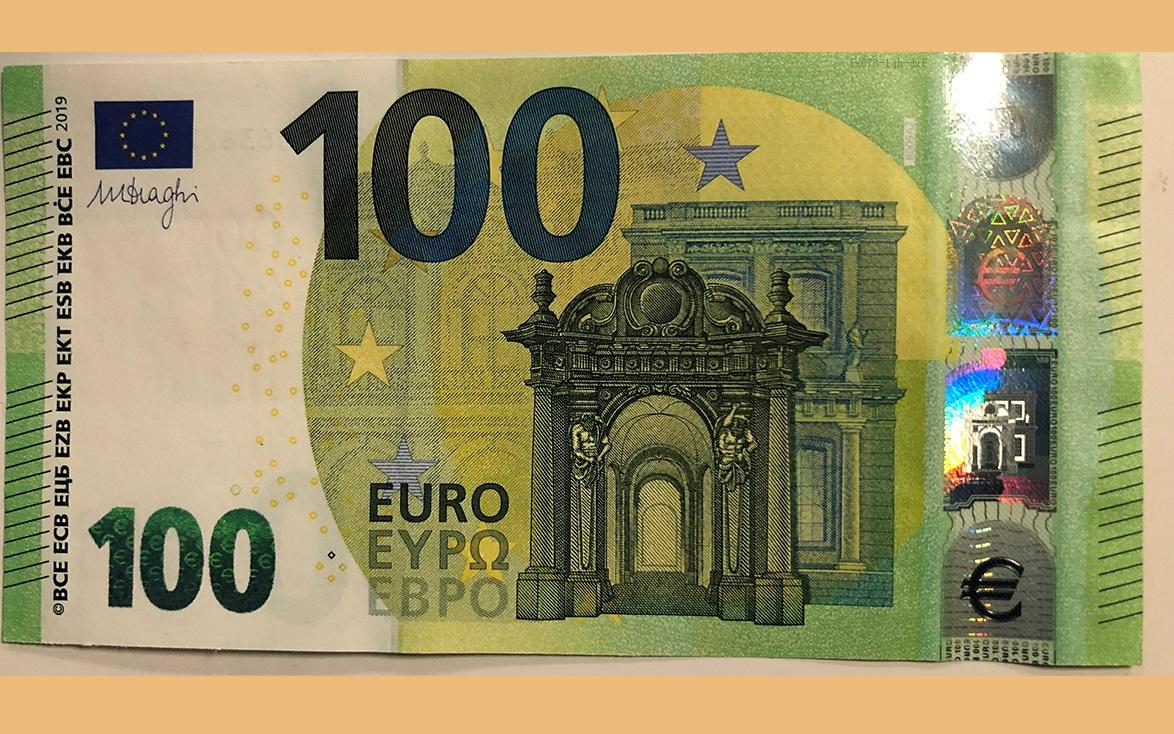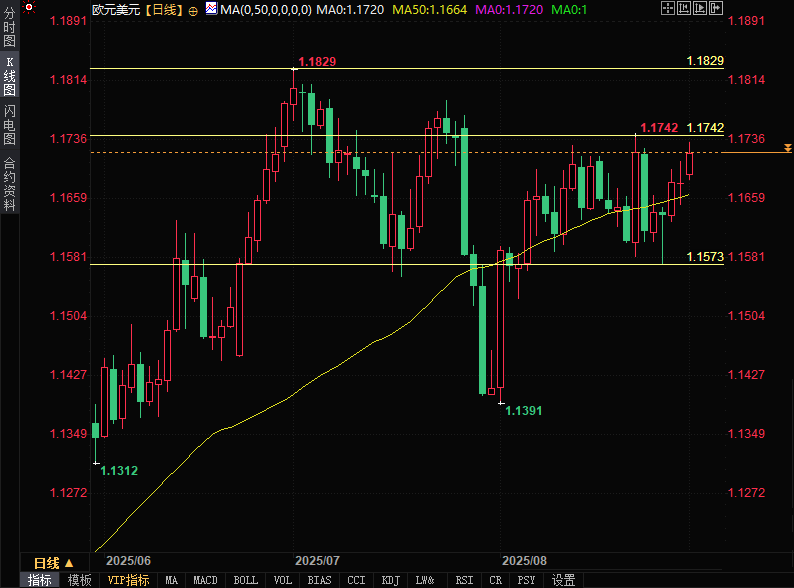The Eurozone's Darkest Hour! Markets Short the Euro, Betting on a Historic Collapse
2025-09-01 16:35:54

France's political crisis continues to ferment, and the debt quagmire may follow Italy's path.
Political turmoil exacerbates fiscal woes
France is facing an increasingly severe political and fiscal crisis . Prime Minister François Bayrou faces a confidence vote on September 8th to implement a $51 billion austerity plan. If he fails, he will become the fourth prime minister to step down in a year and a half, highlighting France's entanglement in political deadlock and a vicious cycle of debt.
France, once a cornerstone of political stability in Europe, is now divided between parliamentary factions: the left opposes cuts in social welfare benefits (which account for 65% of public spending); the center demands increased military spending without tax increases; and the far right advocates spending cuts through restrictions on immigration and reductions in EU spending. This division makes any fiscal reforms difficult .
Reforms are hindered and the market is backlashing
While Macron's 2017 tax cuts (abolishing wealth and housing taxes and reducing corporate taxes) attracted foreign investment and reduced unemployment to a multi-decade low of 7%, they also resulted in an annual tax loss of €62 billion (2.2% of GDP). Unmatched public service cost cuts, coupled with the pandemic, energy crisis, and social protests (such as the "yellow vests"), caused the debt to soar from €2.2 trillion to €3.3 trillion.
While Macron successfully raised the retirement age to 64 (projected to save €17.7 billion by 2030), the process was fraught with protests and political maneuvering. The 2023 deficit reached 5.5%, exceeding government projections, prompting Standard & Poor's to downgrade France's credit rating. The 10-year French bond yield has surpassed that of Greece and matched that of Italy, reflecting growing market concerns .
Bayrou's austerity plan, which includes eliminating two official holidays to boost economic output, has been slammed by the far right as an "attack on French history and people." If Macron loses the vote, he will face the difficult choice of forming a new government or calling early elections. The contrast with Italy is stark: Italian Prime Minister Meroni, in office for nearly three years, is poised to become one of the longest-serving leaders of the postwar era, while France is mired in a quagmire of frequent leadership changes.
France's political fragmentation and debt crisis are intertwined, reminiscent of the plight of southern European countries . The outcome of the September 8 vote will determine whether the country can avoid a full-scale fiscal crisis.
France's political crisis drags down the euro, while the debt crisis sparks market concerns.
As French Prime Minister Bayrou faces a parliamentary confidence vote on September 8, political uncertainty continues to ferment. Analysts point out that France's political turmoil is becoming a new risk point affecting the euro's trend .
The political crisis stems from France's deteriorating fiscal situation. The country's debt has reached €3.3 trillion, and the budget deficit is projected to reach 5.4% of GDP this year. If Prime Minister Bayrou's proposed €44 billion austerity plan fails to pass, France will become the fourth major eurozone economy to undergo a change of government in a year and a half, a prospect that has investors worried.
UBS foreign exchange strategists said: "The market is re-pricing French risks. The 10-year French government bond yield recently broke through 3.2%, and the gap with Italian government bonds narrowed to less than 50 basis points, which shows that investors' confidence in the euro zone's second largest economy is shaking."
The euro has clearly reacted to this . Over the past week, it has fallen 1.5% against the dollar and 0.8% against the pound. Options market data shows that investors are increasing their short positions on the euro, with the weekly risk reversal indicator rising to 1.5 percentage points in a bearish direction.
Compared to Italy, France's current predicament presents greater systemic risks. Following the debt crisis reforms of the 2010s, Italy has seen increased political stability, with Prime Minister Meroni's government poised to become one of the longest-serving postwar governments. Meanwhile, France's parliament has been fragmented since last year's elections, and any fiscal reforms face intense competition from the left, the far right, and the center.
Deutsche Bank macro analysts pointed out that "the French problem is more worrying because its economy accounts for more than 20% of the euro zone. If the French debt problem continues to worsen, it may trigger a repricing of the entire euro zone bond market."
Market participants are closely watching the ECB's response, and while central bank officials have said an emergency bond-buying program is not yet under consideration, sources said policymakers have raised the issue of French exposure in internal discussions.
Technical Analysis
The technical analysis of the euro shows that if it breaks through the August high of 1.1742, it may further rise to the July high of 1.1829; if it falls below the key support level of the 50-day simple moving average (SMA) (1.1664), it may further fall to the recent low of 1.1573.
Investors are advised to pay close attention to the results of the confidence vote on September 8 and the possible political reorganization that may follow, as these events may become important catalysts for the euro's next move.

(Euro/USD daily chart, source: Yihuitong)
At 16:19 Beijing time, the euro was trading at 1.1719/20 against the US dollar.
- Risk Warning and Disclaimer
- The market involves risk, and trading may not be suitable for all investors. This article is for reference only and does not constitute personal investment advice, nor does it take into account certain users’ specific investment objectives, financial situation, or other needs. Any investment decisions made based on this information are at your own risk.





















